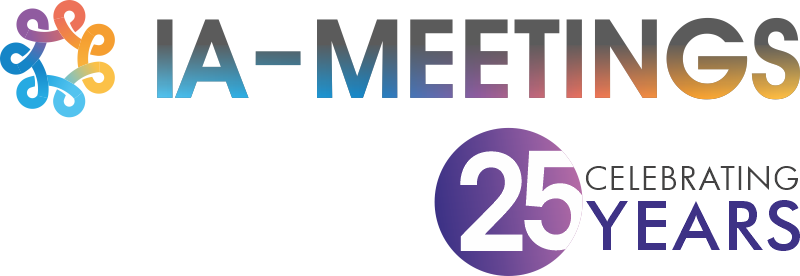Conference organizers prioritize putting clients first in event planning by understanding their unique needs, providing personalized solutions, and delivering memorable and successful events.
Planning a conference involves careful consideration of various factors to ensure a successful event that meets the needs and expectations of the clients. Here are some ways in which conference organizers prioritize their client’s requirements and preferences:
1. Consultation and Needs Assessment
Professional conference organizers initiate a detailed consultation process with their clients to create a personalized event experience. They take the time to understand the client’s objectives, target audience, budget, and desired outcomes. Through open communication, detailed discussion, and active listening, conference organizers identify the client’s specific requirements and goals for the event.
2. Customized Event Planning
Once the client’s needs are assessed, and goals and objectives are clear, conference organizers tailor the event planning process to match their unique requirements. This involves designing a customized event plan that aligns with the client’s objectives. Whether it’s a large industry conference, a small corporate meeting, or a specialized workshop, conference organizers work closely with clients to create an agenda, select suitable venues, arrange logistics, and coordinate all necessary event elements. It also includes selecting an appropriate venue, determining the event format, designing the agenda, and curating relevant content and speakers.
3. Attention to Detail
Professional conference organizers understand that every detail matters when it comes to delivering a personalized event experience. They pay close attention to the client’s preferences, branding guidelines, and overall vision. From designing event materials and signage to arranging catering and audiovisual setups, conference organizers ensure that every aspect of the event reflects the client’s brand identity and desired atmosphere.
4. Open communication and collaboration
Effective communication is vital throughout the event planning process. Conference organizers maintain open lines of communication with their clients, keeping them updated on progress and seeking their input at every stage. Regular meetings, conference calls, and emails ensure that both parties remain aligned and that any concerns or changes are addressed promptly.
5. Budget management
Conference organizers are adept at managing budgets effectively and understanding that staying within the allocated budget is crucial for clients. They work closely with clients to develop a budget that aligns with their financial goals and constraints. Conference organizers establish a realistic budget and develop strategies to optimize resources while still delivering an exceptional event. They provide cost estimates, negotiate contracts with vendors and suppliers, and find creative solutions to deliver value without compromising quality.
6. Flexibility and Adaptability
Planning an event requires agility and adaptability to accommodate changes and unexpected circumstances. Conference organizers remain flexible throughout the planning process and are prepared to adjust timelines, venues, or event elements as needed. They proactively communicate with clients, provide alternative solutions when faced with challenges, and ensure the event runs smoothly, regardless of unforeseen circumstances.
7. Innovative Technologies and Solutions
Conference organizers leverage innovative technologies and solutions to enhance the client’s event experience. They stay up-to-date with the latest event management tools, mobile apps, registration systems, and virtual event platforms. By incorporating cutting-edge technology, organizers can provide clients with interactive features, real-time analytics, and seamless virtual or hybrid event experiences.
8. Attendee experience and engagement
Client satisfaction often relies on the experiences and engagement of conference attendees. Organizers prioritize creating an immersive and interactive experience for participants by incorporating innovative event technologies, networking opportunities, and engaging session formats. They consider feedback from previous events and industry best practices to design an event program that captures the interest of attendees.
9. Flexibility and adaptability
Conference organizers understand that client’s needs and preferences may evolve throughout the planning process. They remain flexible and adaptable, accommodating changes and last-minute requests whenever possible. Organizations ensure a smoother planning process and enhance client satisfaction by being responsive to client feedback and maintaining a solution-oriented approach.
10. Post-event evaluation and feedback
After the conference concludes, conference organizers conduct a comprehensive evaluation process to assess its success and gather feedback from attendees and clients. They analyze key performance indicators, measure the event’s impact, and provide a detailed report to the client. This feedback loop helps organizers understand what worked well, identify areas for improvement, and refine their event planning processes for future events.
Conference organizers prioritize their clients by actively listening to their needs and preferences, tailoring event planning accordingly, maintaining open communication, managing budgets efficiently, curating engaging experiences, and continuously seeking feedback for improvement. By putting clients first, conference organizers like IA-Meetings strive to create memorable and successful events that exceed expectations.
